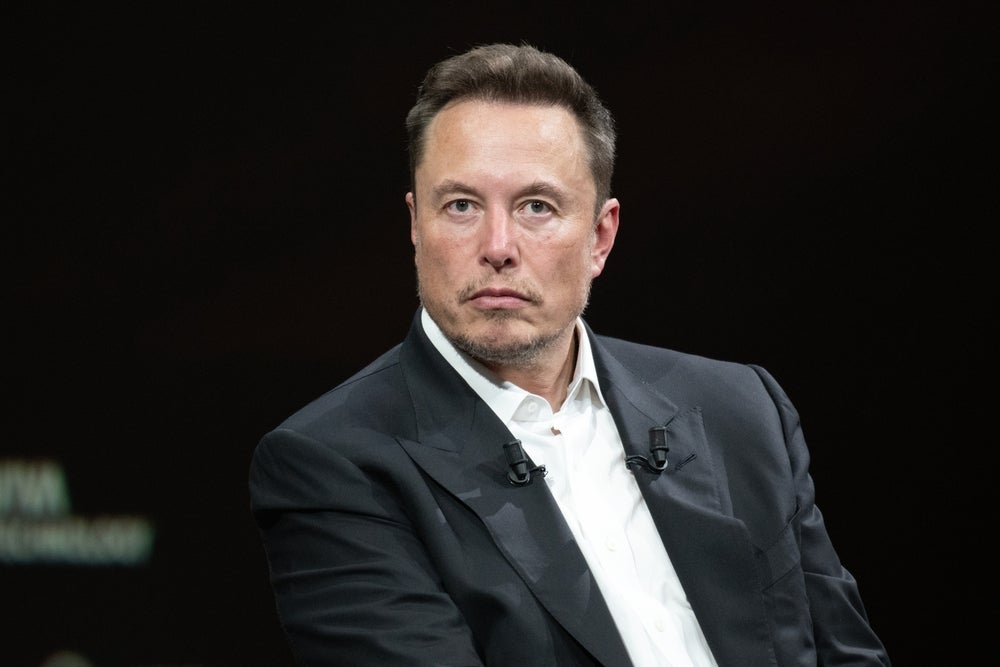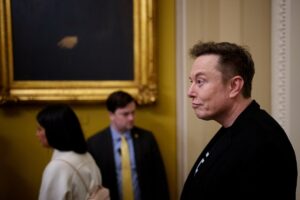Elon Musk Challenges Renowned Investor Ray Dalio’s Views on China

Recently, billionaire investor Ray Dalio made headlines with his remarks about China’s manufacturing capabilities, only to face a rebuttal from tech entrepreneur Elon Musk. This exchange, featuring two of the most prominent figures in business, has captured attention, particularly regarding the implications of global manufacturing dynamics.
Dalio’s Statements on China’s Manufacturing Dominance
During a February 21 interview with Tucker Carlson, Dalio claimed that China accounts for approximately 33% of all global manufacturing. He further asserted that the United States would likely never catch up with China’s manufacturing production in the foreseeable future. Dalio emphasized that China excels not only in raw production figures but also in advanced sectors like robotics, semiconductor manufacturing, and artificial intelligence applications.
Important Note: While some numbers may be debated, Dalio’s viewpoint casts a spotlight on China’s expansive manufacturing influence.
Musk’s Response to Dalio’s Claims
Elon Musk responded quickly through a post on X (formerly Twitter). He challenged Dalio’s data, stating, “Perhaps Ray Dalio has different data, but Grok thinks US, Europe & Japan manufacturing output is significantly higher than China.” Musk referenced his AI chatbot, Grok, to support his argument, indicating a detailed analysis of global manufacturing stats.
Dalio’s Clarification Following Musk’s Challenge
Diving deeper into the conversation, Dalio acknowledged Musk’s input and admitted that he might have been “a bit sloppy” with his figures. He clarified that he intended to imply that China’s manufacturing output exceeds that of the United States, Germany, and Japan combined, rather than the entire European region. Despite the correction, he maintained that China’s manufacturing sector remains the most dominant globally.
For context, Dalio provided specific figures:
- China produces around 30% of the total global goods.
- The combined output of the U.S. (15%), Germany (5%), and Japan (6%) amounts to about 26%.
Dalio argued that this gap becomes even more pronounced when factoring in the lower production costs associated with manufacturing in China. He added a note to praise Musk’s AI capabilities, stating, “I thought Grok’s answer and analysis on this were great.”
Dalio Sounds Alarm on U.S. Economic Issues
The discussion didn’t stop at manufacturing statistics. Dalio took the opportunity to express grave concerns about the U.S. budget deficit. He warned that unless the deficit is reduced to about 3% of the country’s GDP, there could be significant economic repercussions, particularly relating to the supply-demand dynamics of U.S. bonds. He remarked, “If we don’t get the US budget deficit down, it could create real problems.”
Moreover, he invited Musk to share his thoughts on the fiscal situation, hinting at the necessity of ongoing dialogue about U.S. economic challenges.
Dalio’s Views on Political and Social Division in the U.S.
The Broader Implications of the Musk-Dalio Exchange
This interaction serves as a microcosm of the larger conversation surrounding China’s escalating significance within the global economy. While the combined manufacturing output of the U.S., Germany, and Japan surpasses that of China, Dalio’s analysis highlights China’s greater efficiency and cost-effectiveness, contributing to its competitive edge.
Regardless of the specific statistics in debate, it is widely acknowledged that China stands as a powerhouse in the manufacturing realm. The United States and its allies recognize the urgent need to rise to this challenge in order to maintain their competitive stance in global markets.
Further Reading:
© 2025 Benzinga.com. Benzinga does not provide investment advice. All rights reserved.





